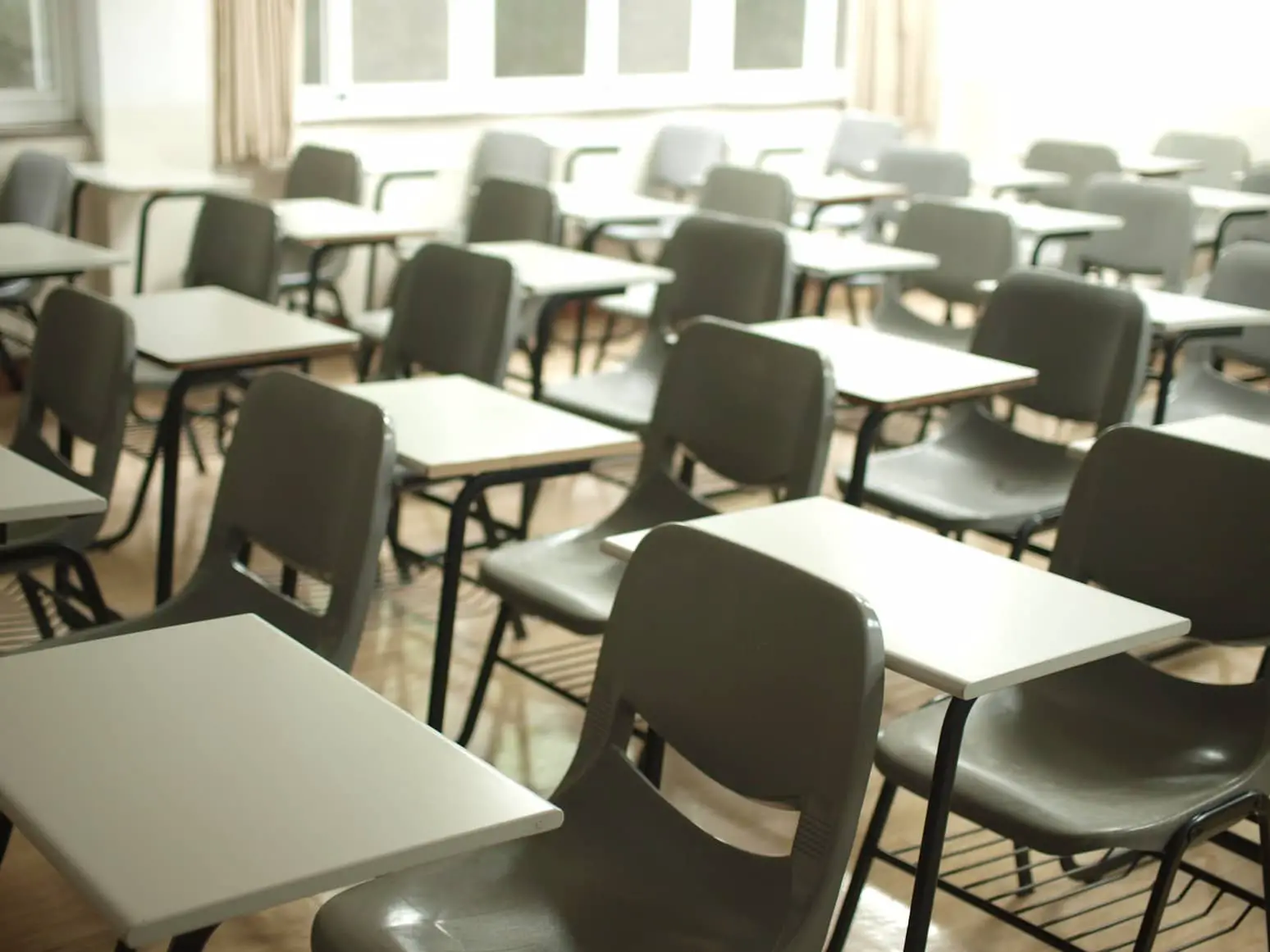Government plans to ‘tinker’ with the Isle of Wight’s education system have been called ‘alarming.’
‘Levelling-up’ hopes to give every child the skills they need to fulfil their potential, no matter where they live.
One of 55 ‘cold spots’
As reported by News OnTheWight on Tuesday, the Island has been identified as one of 55 ‘cold spots’ where school outcomes are the weakest.
The plans aim to target investment, support and action, to help children from all backgrounds succeed.
A new ‘sixth-form free school’?
The Department for Education says cold spots will be prioritised for new specialist ‘sixth-form free schools’ and schools that have been judged below ‘good’ in successive Ofsted inspections could be moved into ‘strong multi-academy trusts’.
There is also a ‘levelling-up premium,’ to improve teacher retention in high priority subjects.
Seely: Determined to see that we are not ‘left behind’
Isle of Wight Conservative MP, Bob Seely, said he was delighted and argued it would be good for young people and important for the Island.
He said,
“For too much of the last fifty years the Island has been left behind. I am determined to see that we are ‘levelled up’ and not ‘left behind’.”
However, not everyone supports the move.
Lowthion: More academisation and more elitism
Education spokesperson for the Green Party, Vix Lowthion, a teacher, said she was ‘frankly alarmed’ by what was set out, calling it ‘deeply worrying’.
She said,
“It is more academisation, more elitism, more focus on high stakes tests at primary schools and nothing about overturning years of funding cuts in schools, smaller classes, creativity and accountability.”
Ms Lowthion also raised a fear about the future viability of existing community sixth forms if a new one is opened.
Quigley: Gove architect of many of issues in education system
Labour’s Cllr Richard Quigley, the Isle of Wight Council’s chair of education scrutiny, accused the Conservatives of causing the funding issues and he has called for more.
He said,
“The Education minister clearly hasn’t read the statistics on how far funding has fallen over the last ten years, with average schools 9 per cent worse off and the most deprived secondary schools 14 per cent worse off in real terms compared to 2009 levels.
“To just ‘level up’ the increase in funding per pupil needs to be £444 each. I also remind Bob [Seely] that the current minister for levelling up, Michael Gove, has been in Cabinet for ten years and is the architect of many of the issues in the education system.”
He added that the Isle of Wight MP had also misunderstood the issue.
Stuart: Gove has rolled education back towards the 1950s
Nick Stuart, spokesperson for Isle of Wight Liberal Democrats, told News OnTheWight,
“Michael Gove as former Education Secretary rolled the education back towards the 1950s and these proposals will entrench that foolishness.
“The Isle of Wight MP welcomes these crumbs while failing to recognise the real Island needs or asking professionals their views.”
He went on to add,
“On the Island we need distributed 6th form learning to support all 16 to 18-year-olds.
“Including equal funding for all levels of ability recognising the differing needs of pupils including academic excellence and technical education.
“We need the restoration of previous cuts and an MP who will fight for the Island not welcome poison crumbs from a sinking Government.”
Shreeve: ‘Tinkering’ with system will not solve ongoing problems
Peter Shreeve, the assistant district secretary of the National Education Union on the Island, said many of the areas now targeted for support have been among the hardest hit by education cuts in the last decade and what is promised will not be enough to make up for the past.
He said ‘tinkering’ with the system would not solve the ongoing problems on the Island, like insufficient pupil numbers, high special education needs and disabilities, lower wages or poverty.
Shreeve: Need proper strategy to eradicate child poverty
Mr Shreeve said it had been tried before, with disappointing outcomes.
He said,
“If this is to avoid becoming a ‘mission impossible’ we need a proper strategy across government to eradicate child poverty, because poverty strongly determines life chances and ambitions.”
This article is from the BBC’s LDRS (Local Democracy Reporter Service) scheme, which News OnTheWight is taking part in. Some alterations and additions may have been made by OnTheWight. Ed





